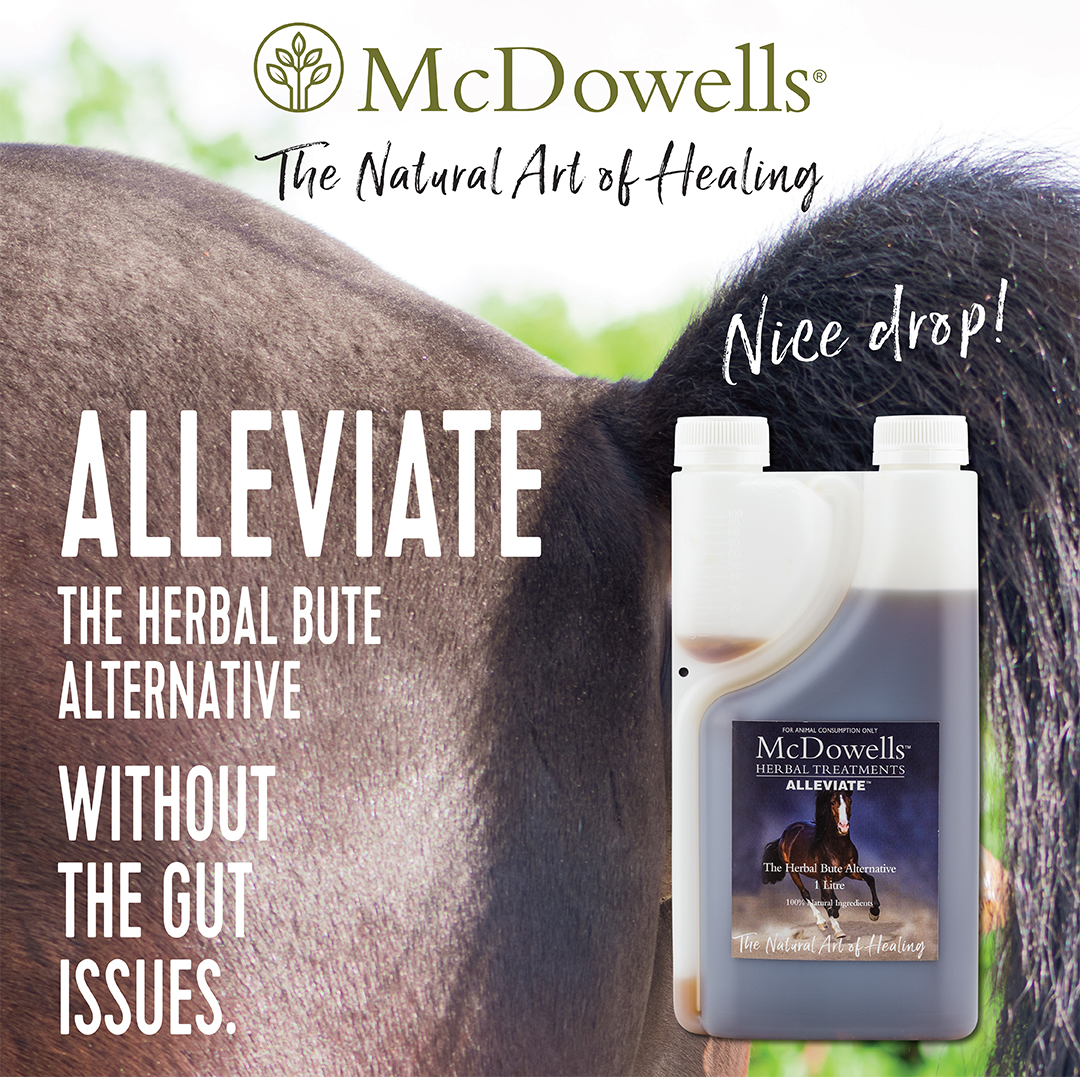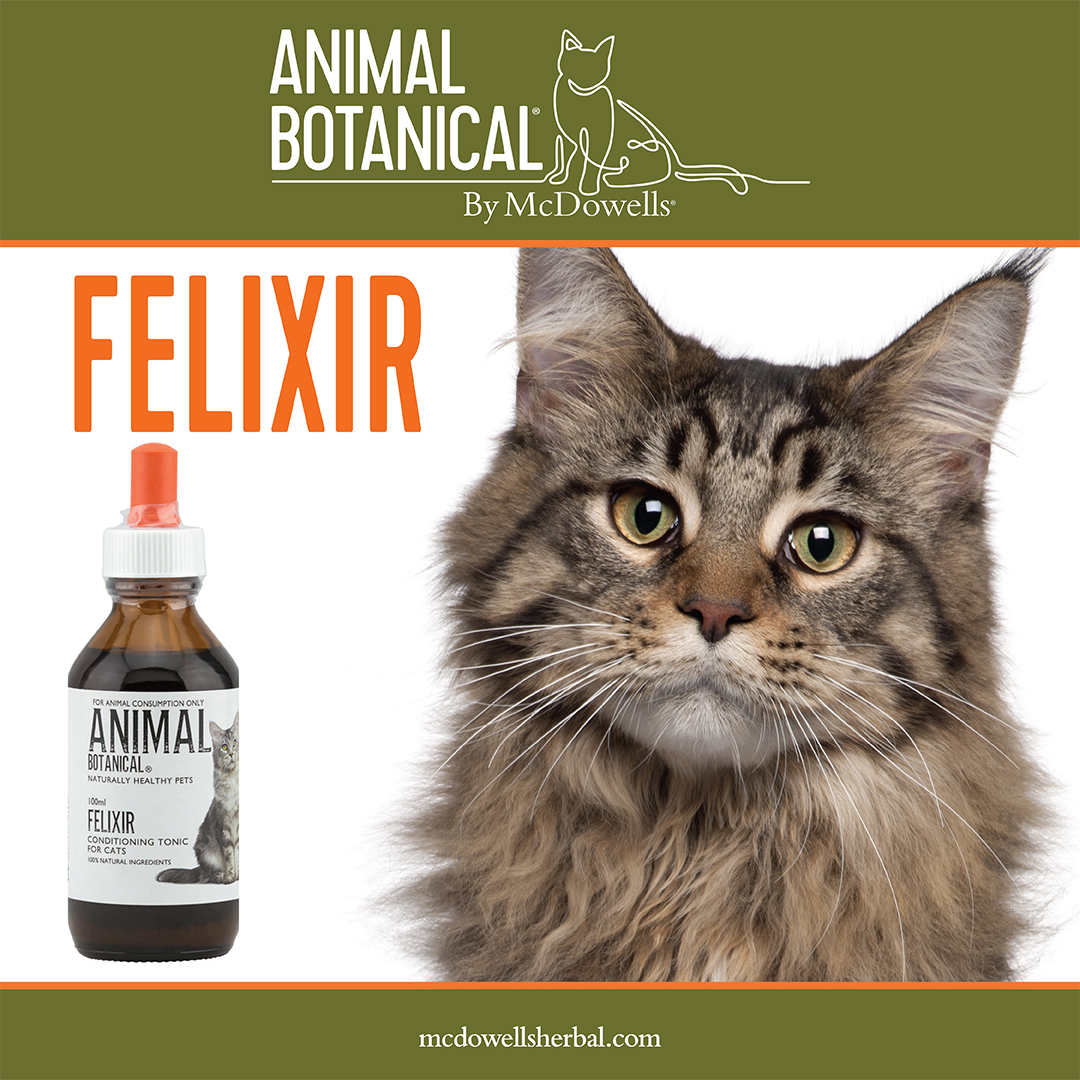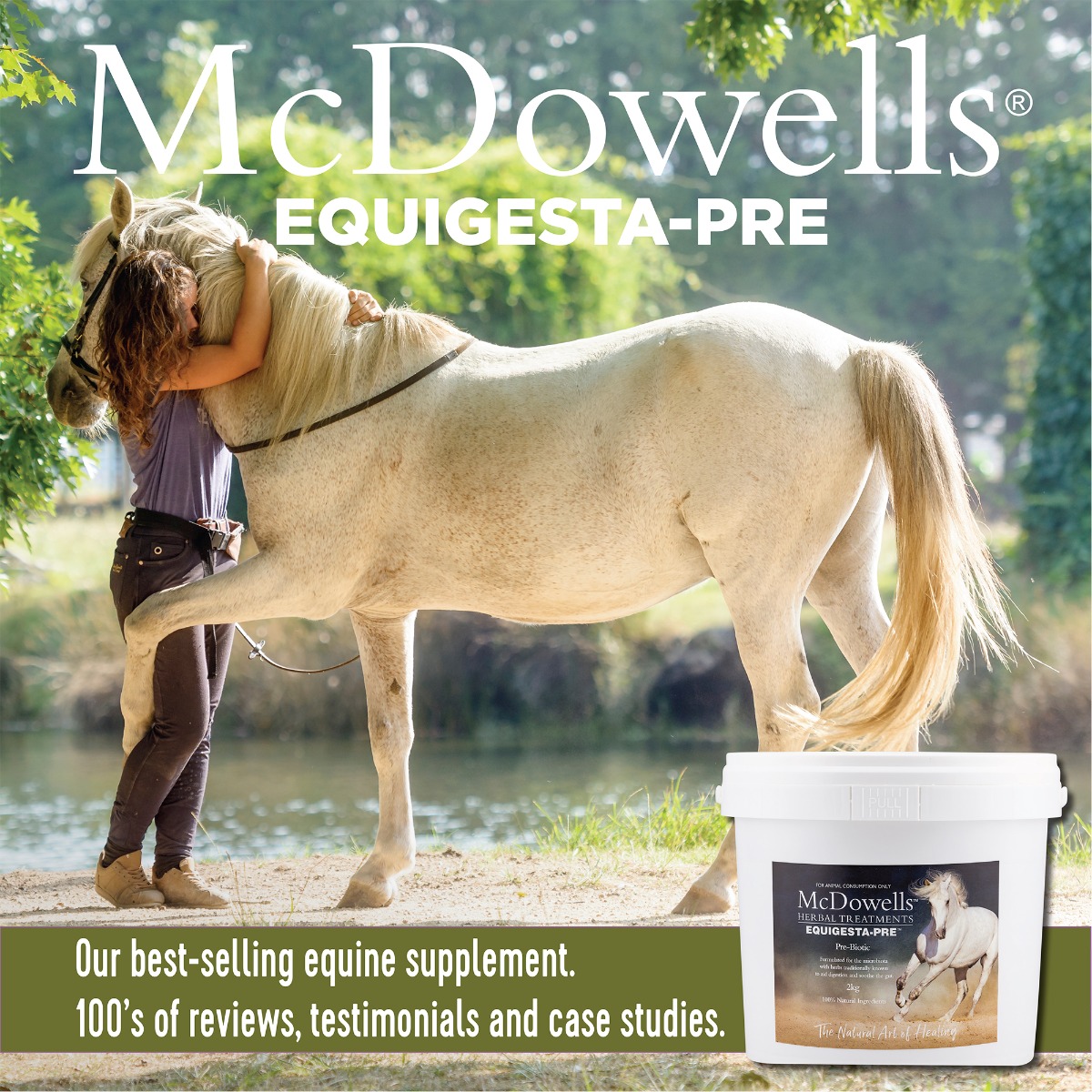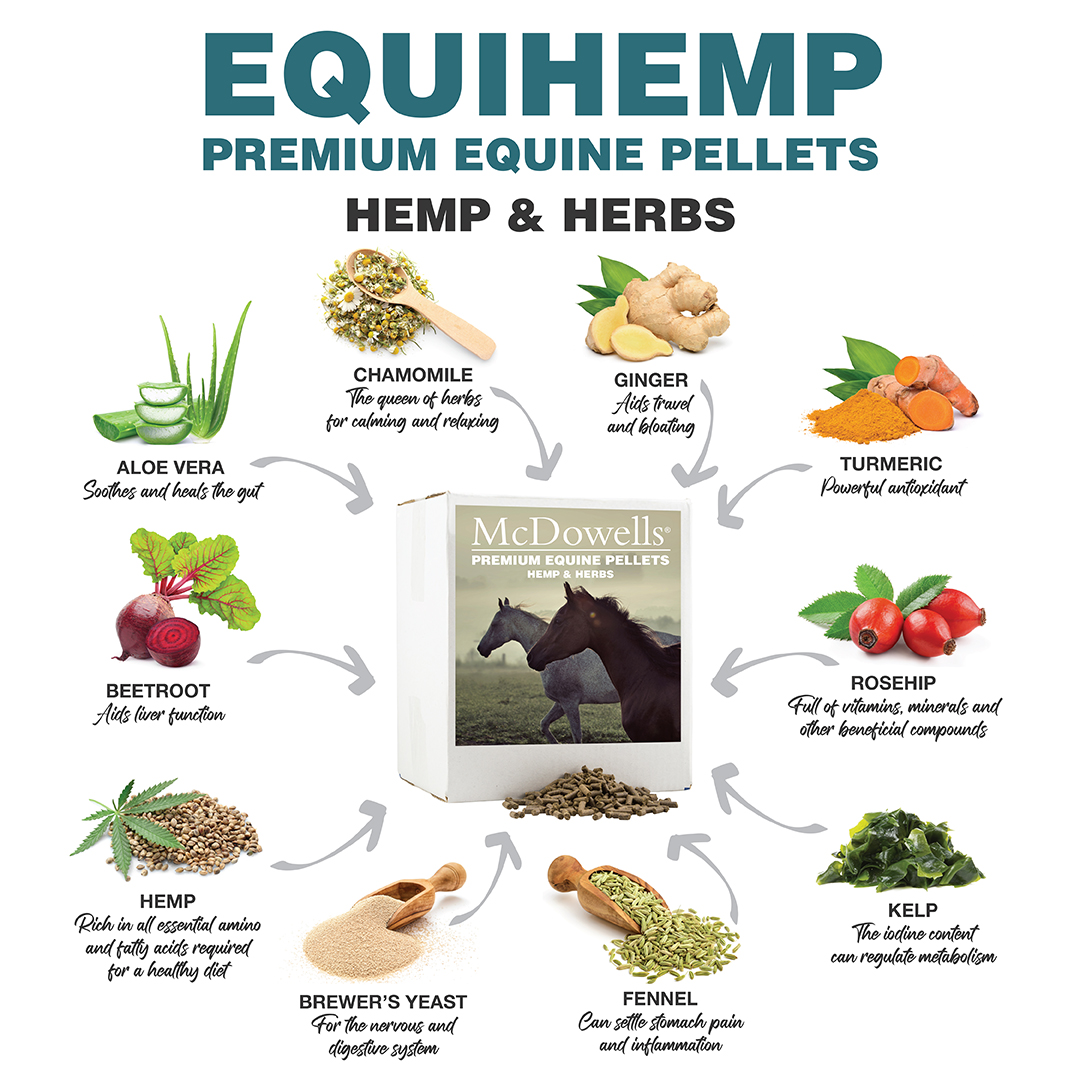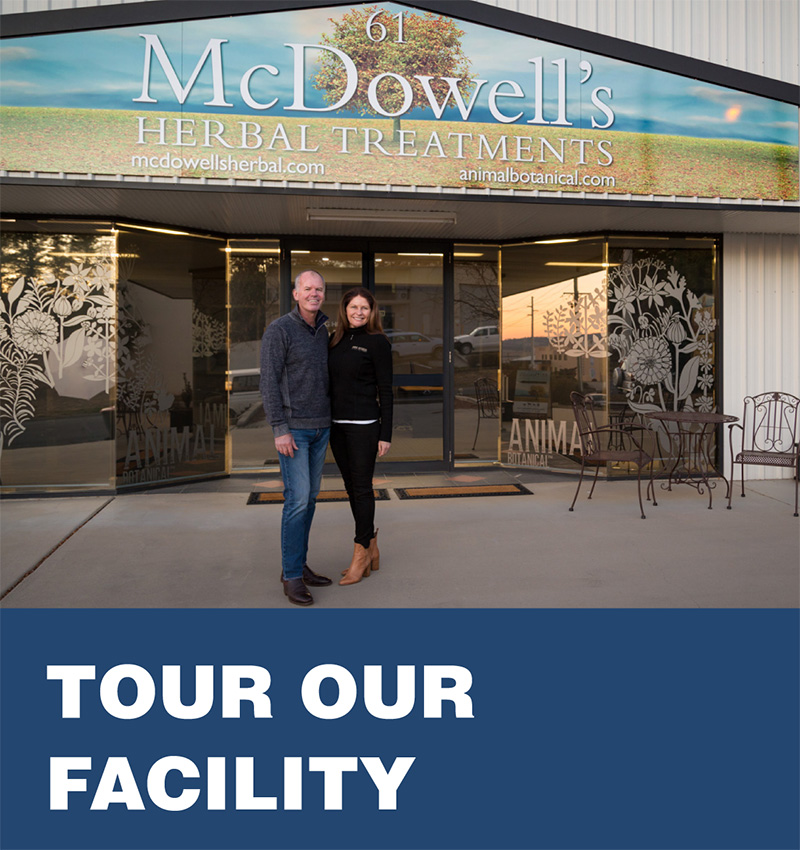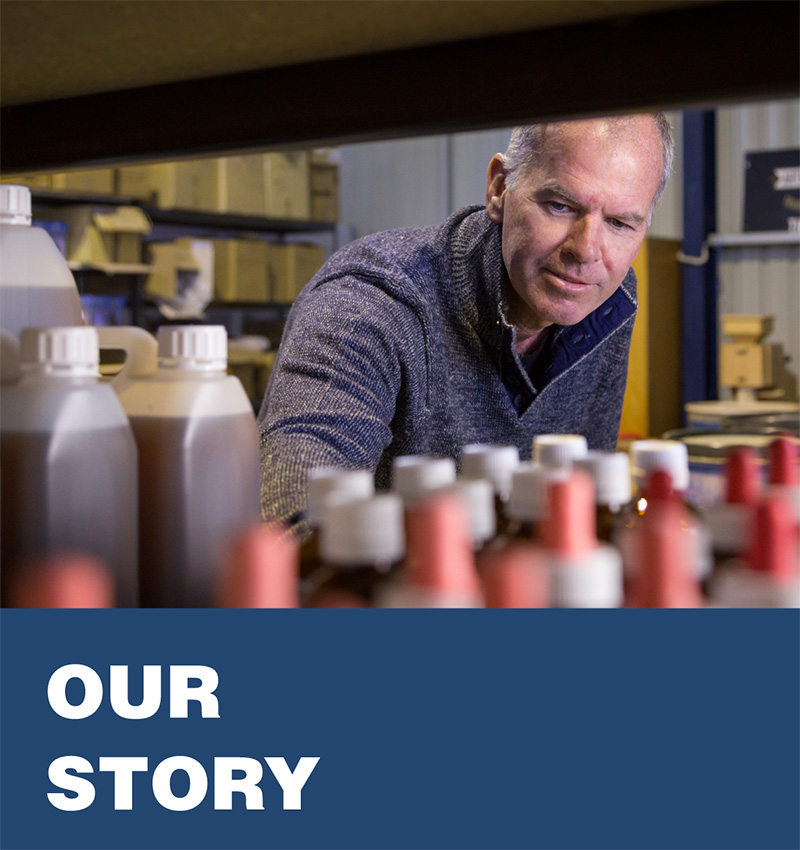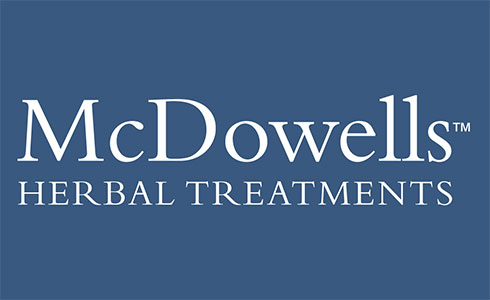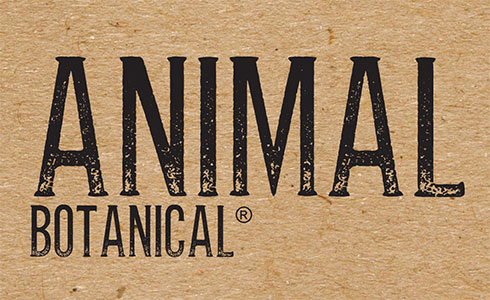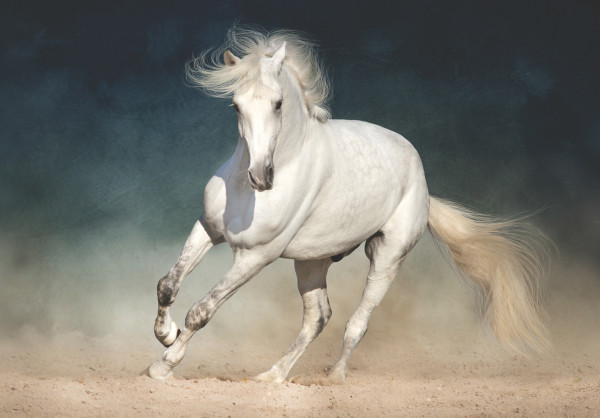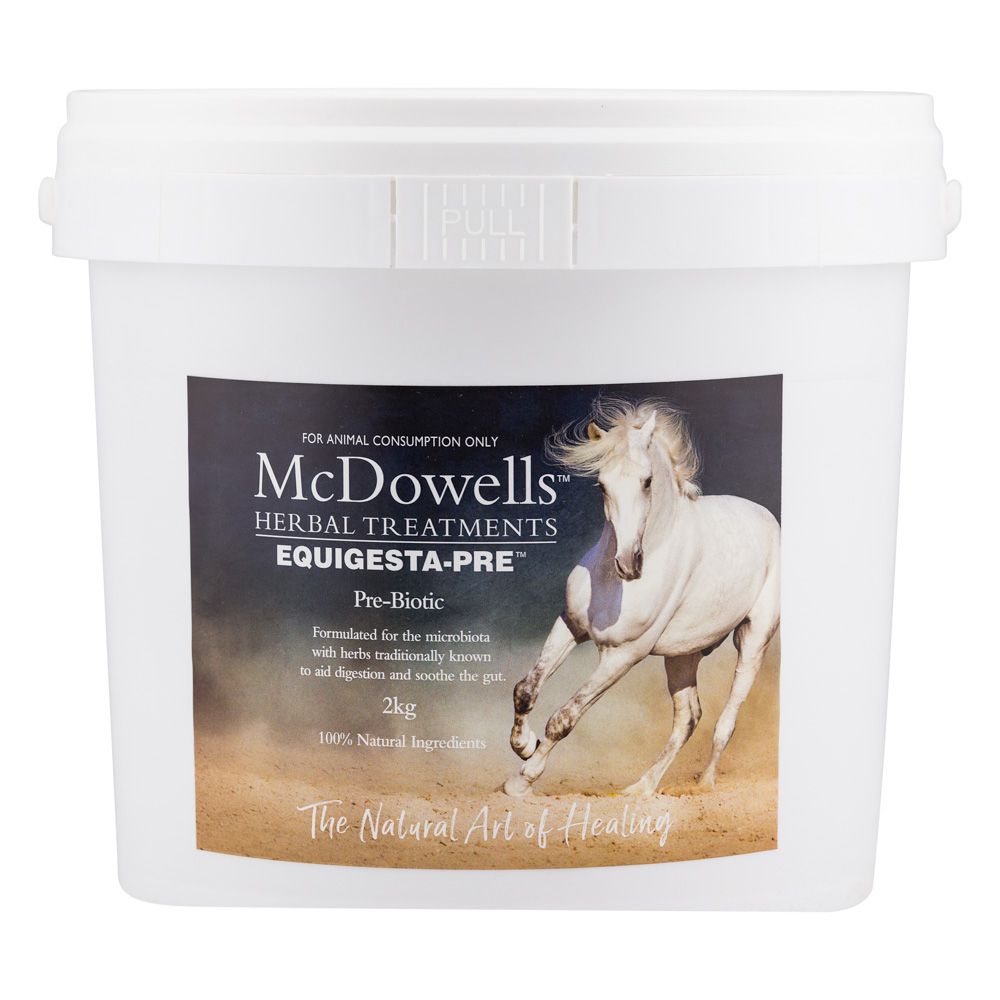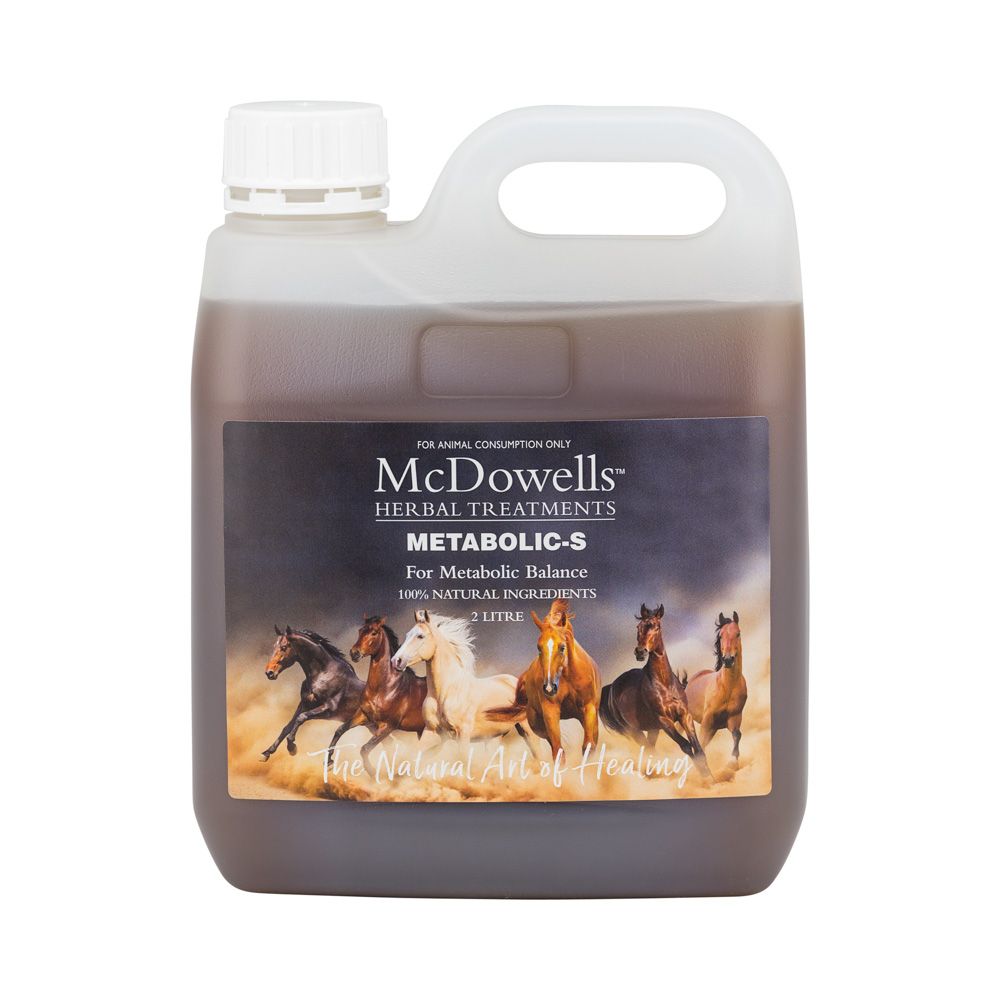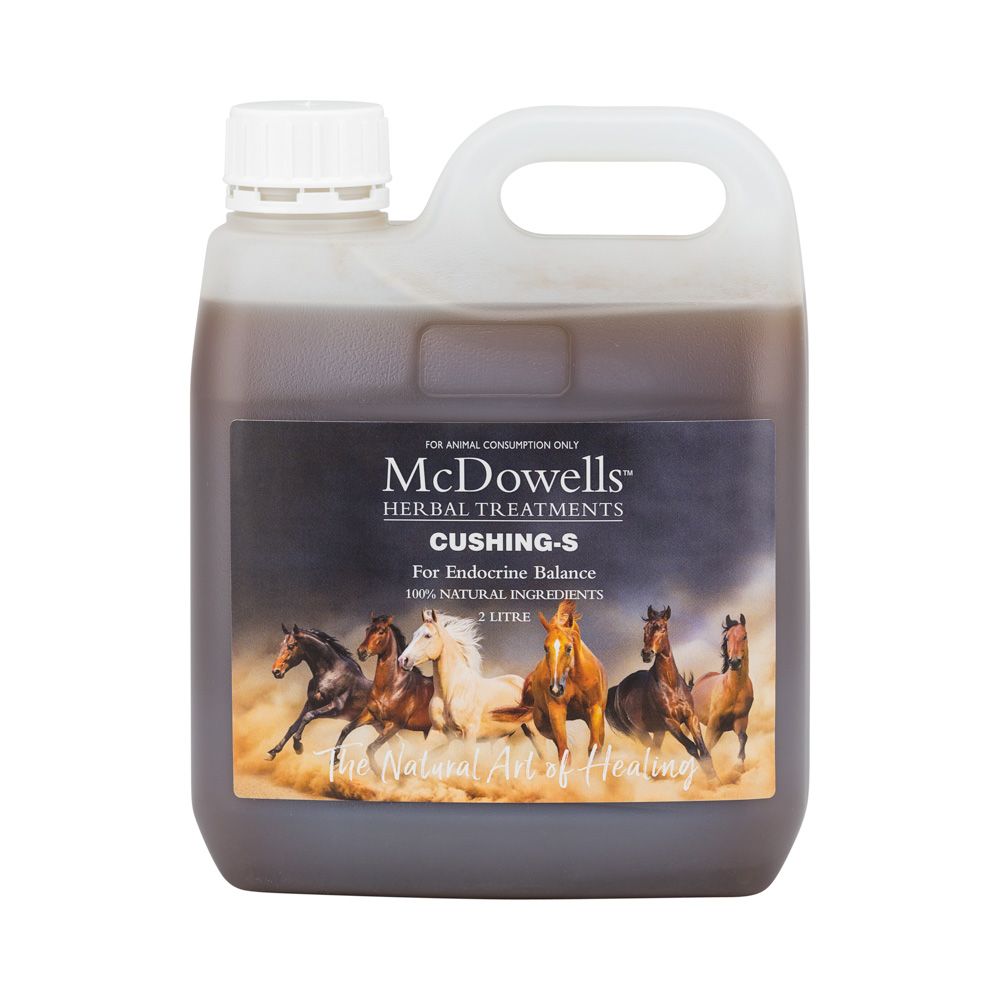Joining the dots between the Equine Intestinal Microbiota, Herbs, Soil and chronic diseases such as laminitis and Equine Metabolic Syndrome.
“The equine intestinal tract contains a complex microbial population (microbiota) that plays an important role in health and disease. Despite the undeniable importance of a 'normal' microbiota, understanding of the composition and function of this population is currently limited. As methods to characterize the microbiota and its genetic makeup (the microbiome) have evolved, the composition and complexity of this population are starting to be revealed” Marcio Costa- DOI: 10.1017/S1466252312000035 · Source: PubMed
There is now plenty of research that is looking at the microbiota’s genetic makeup. What is absolutely fascinating to me is the realisation that the genetic material of the Microbiome contributes to upwards 60% of the genetic material of the horse! This topic is a massive one, and to take it on requires a dedication to years of research. For the purpose of this article I am limiting the discussion to the microbiota, natural systems and chronic disease.
Breaking life down into smaller and smaller particles seems to be the main aim of researchers, trying to find the one single pathogen, microbe or gene that will provide the key to unlocking ill health. Unfortunately this may lead to propaganda science and excessive supplement recommendations in a readymade market for a new brand of pro biotic that addresses these deficiencies. Inoculation of the gut is not a new idea - probiotics are very popular in both people and animals, and very profitable for the pharmaceutical companies that manufacture them.
Whilst its very interesting looking at the equine microbiome under the microscope, there are some very obvious connections that we need to make here in order for this information to be remotely of value to us as managers of our domesticated horses.
Let’s join the dots….
The most significant fact that we do know about the horse’s intestinal tract and microbiota is that;
“The microbiome appears to be profoundly altered in certain disease states and It is ascertained that a better understanding of these alterations may offer hope for novel preventive and therapeutic measures DOI: 10.1017/S1466252312000035 · Source: PubMed
Herbs and Epigenetics
You may have heard about Epigenetics - the idea that our genes are not fixed, and that certain genes can be switched on to health, whilst other genes that make us susceptible to disease can be switched off .A study at Thailand University shows how herbs alter genes and enzymes – see this study https://www.hindawi.com/journals/ecam/2011/816714/ for very interesting reading.
If herbs can impact genes so significantly, how will herbs impact the Microbiome?
Grazing animals (Herbivores) have a unique microbiota due to the fact that they have their head down grazing all day long, eating plants, fungi and ingesting enormous amounts of naturally occurring microbes. This feed becomes “compost “for the microbiota (eco system) that exists in the horses GIT.
The horse being a mono gastric (unlike Ruminants ) are hind gut fermenters and require a simple high roughage diet ( and a healthy soil with plenty of Microbes) to ensure that the conditions are perfect for the whole health of the horse.
Nutritionally , the microbiota contribute to the overall nutritional profile of the horses as die off of microbes can provide essentials like Vitamin B 12 and other enzymes that enable a better breakdown of the plant matter ingested.
Recent research done in Australia with Dr David Wood has identified that “leaky gut “is a possible side effect of the unhealthy Microbiota in a horse. Leaky Gut is commonly understood in alternative human health as being the origin of many chronic diseases.
Suggested Impacts on the Microbiota
Chemicals, worming paste and anti-biotics are the main considerations.
Lack of good simple roughage
An oversupply of rich hay, green grasses and too much fat and grain
Too many synthesised supplements (as extras or in the pre-mixed feed) which I feel can change the Ph of the GIT, (imagine how too much fertiliser may impact the plants that you spread it on)
Over supply of pre-prepared feeds
Feeds that contain Genetically Modified Organisms
Mineral supplements (they do not replace good food!)
Supplements can be useful. High Oxalate pastures and supplements of magnesium and calcium is a good example. However, I find that when I am treating very unwell animals and people, removing supplements helps healing . Why? In researching this idea further I have come across some interesting ideas about synthetic supplements.
Synthetically replicated natural substances are crystalline in structure,(in nature vitamins are never crystalline) and it is suggested that these kinds of supplements enter the system and can act like an antagonist, causing an inflammatory response..
I have also found that clients who are too caring, and give an over dose of vitamin and minerals supplements seem to promote kidney problems and crystals in the bladder, causing all kinds of urinary tract problems.
If you add this complication to the idea of a leaky gut, these crystalline particles are possibly moving through the wall of the intestine and causing inflammatory havoc.
The profound affect this can have on systemic inflammation is in my opinion the main cause of significant health problems such as Equine Metabolic Syndrome and laminitis, influencing my treatment protocols in the practice.
In people you see this all time with fluid build-up and oedema .Lymphedema is one chronic condition that is well managed with diet and herbs.
Scientific research for the presence of oedema in horses with laminitis.
A Scottish researcher named Susan Kempson was one of the first to identify a new theory of the initial event in the pathogenesis of laminitis.
Up until the presentation of Susan’s research it was assumed that laminitis was caused by the restriction of blood to the laminae by the AVA’s ( AVA's are vessels that connect an artery to a vein and act as shunts to bypass the capillary bed) .
Susan’s theory proposes that the primary event in Laminitis is actually the formation of Oedema with in the foot. This occurs when excess fluid accumulates in the extra cellular spaces of the tissue, due to either abnormal leakage or fluid from plasma (like a systemic inflammatory response) to the interstitial spaces, or when there is failure for the lymphatic system to return fluid from these spaces back to the blood.
What causes this increased permeability?
- Toxins
- Immune reactions
- Bacterial infections
- Vitamin C deficiency
- Trauma
- Mineral-corticoid excess
- Acute kidney failure
- Liver disease causing a decrease in plasma proteins.
In the practice of classical herbal medicine this makes perfect sense, and as such we treat horses with EMS and Laminitis with a 12 week course of “Blood Cleansers” which are herbs that aids intracellular fluid balance, promotes lymphatic drainage and encourages the elimination of metabolites and excess hormones.
Rudolf Steiner and Biodynamic Agriculture
The truth is that none of this is new to us. Rudolph Steiner highlighted the need to keep beneficial microbial populations diverse and flourishing in a balanced eco system as part of his philosophy that we are all living in a synergistic alive system. He also discussed that major disturbances to this system was going to result in reduced soil health. The earth and the soil that grows our food and keeps billions of plants and insects alive along with air and water, is critical for the world populations to maintain health. You cannot separate any being- animal, insect or mineral because we all breathe the same air, live on the same earth and drink the same water.
We live in a cacro-closed system made up of smaller diverse eco systems and each of these systems impact the weather on a macro level, as we impact the soil on a micro level.
Every time we use Round Up or similar poisons on the soil, it kills more of the wonderful Microbes needed to keep our earth, our animals and us healthy.
The Biodynamic Agriculture System was Rudolf Steiner’s legacy to us in order to try and preserve our world and our health into the future.
Herbal programs as the only solution to promote natural Equine Intestinal Microbiota
On my own property in Bathurst NSW I used the Biodynamic system to maintain a healthy environment for my horses and as a result had never experienced the problems that you see today with laminitis and equine metabolic syndrome.
My first experience of this syndrome was about 10 years ago when I bought an extremely expensive new horse from a stud.
The perfect storm of the long distance trip, the carrier feeding lucerne hay and the horse’s initial overweight overfed system whilst stabled resulted in a 2 year journey of correcting the syndrome. What I learnt in those two years of treating this one horse enabled me to develop the indepth treatment programs that I use successfully today in hundreds of similar cases.
For those of you who are familiar with the benefits of herbal medicine and Biodynamic agriculture I am not suggesting anything new, however, for those that are unfamiliar with the power of herbal medicine to address the cause of the increased permeability in laminitis this will come as a novel concept.
In practice, I am proven correct time and again as I prescribe diets and herbal programs that address all the causal factors involved as suggested above.
From the information provided above I can confidently say that composting herbal tonics (like kombucha and the vinegar herbal tonics I manufacture) as well as good herbage as gentle nourishment is best for the Equine Microbiota and the best for Equine health long term. Copyright Catherine Cox-Mcdowell 2017
Stay tuned for the next chapter- Herbs that address the cause of inflammation and oedema as well as support the Microbiota for a robust healthy and sound horse.


